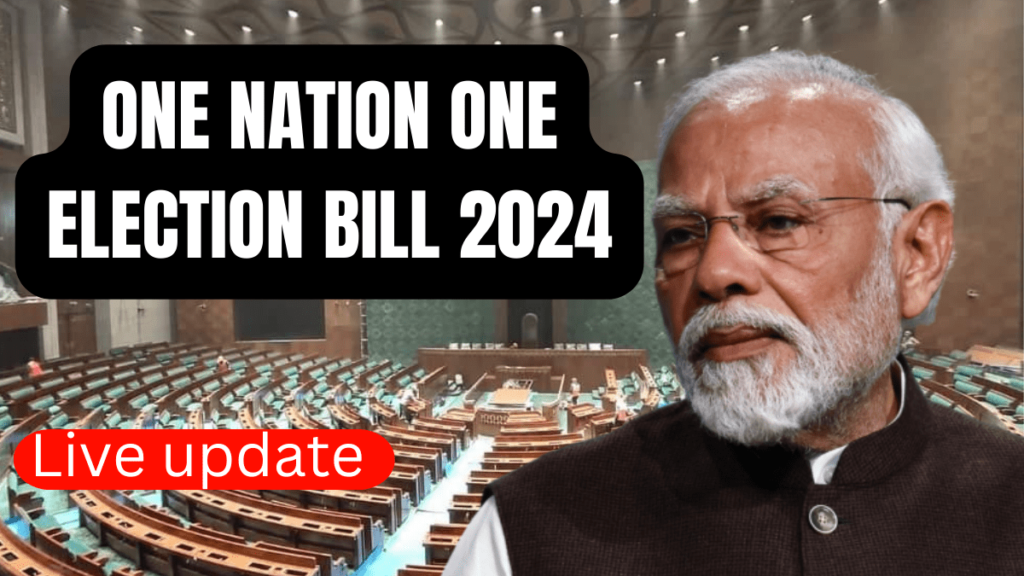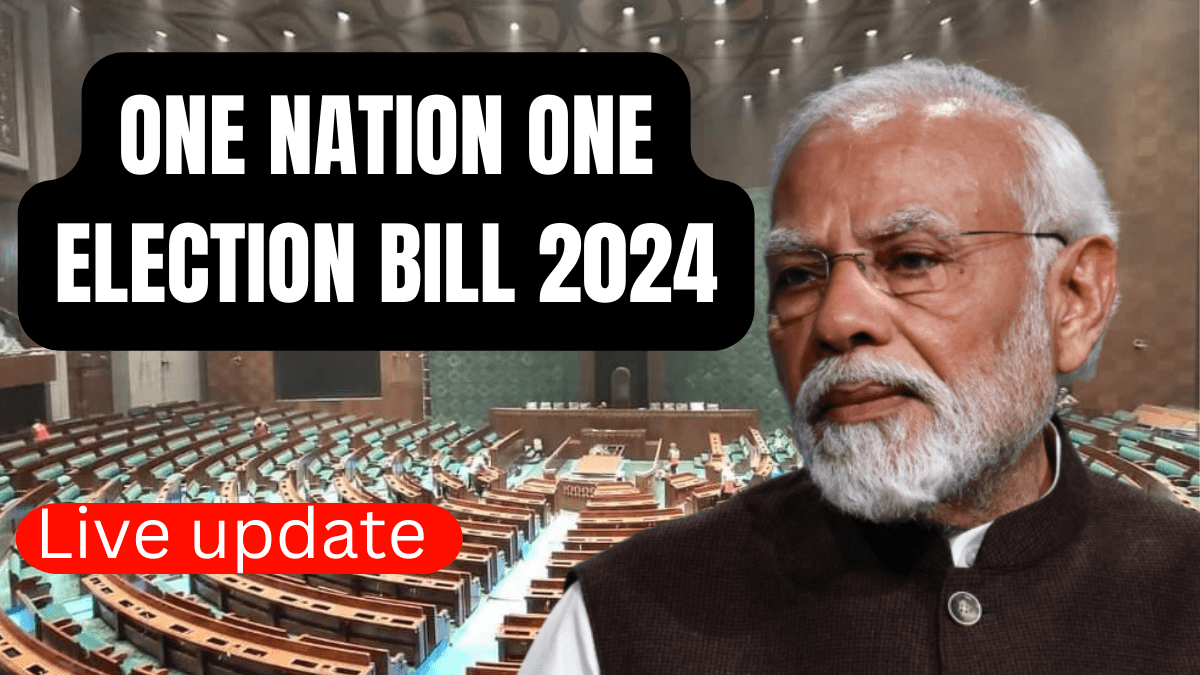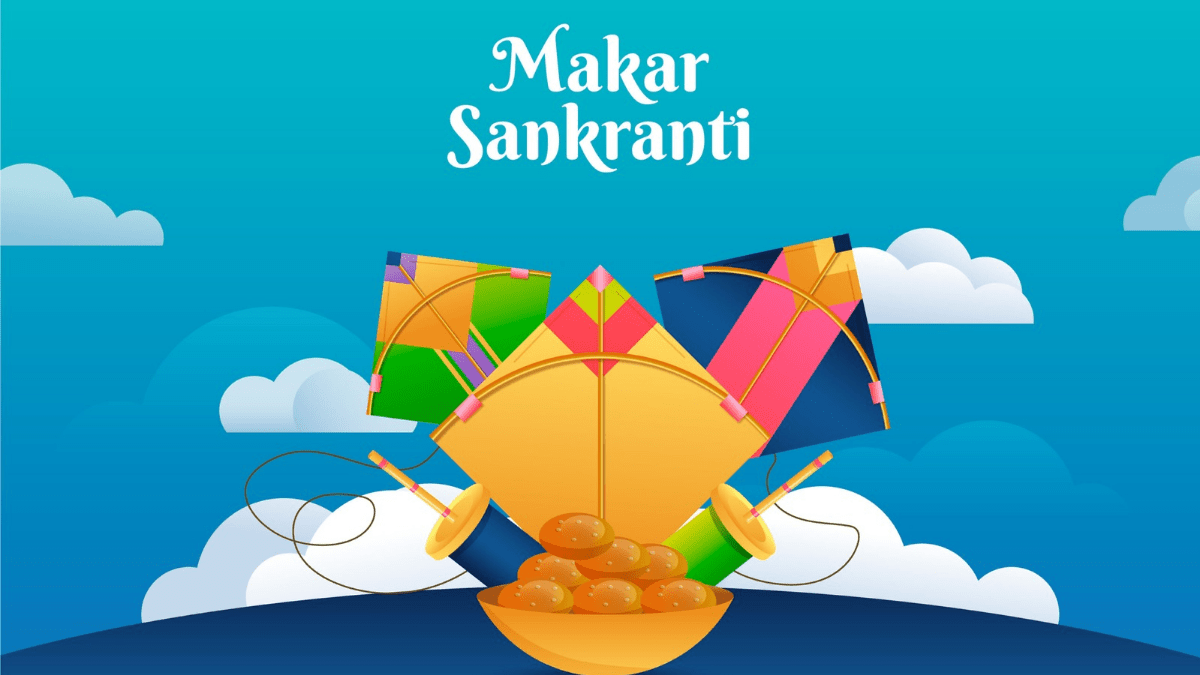
One Nation One Election Bill 2024: Understand India’s Revolutionary Electoral Reform. Learn How This Bill Will Transform Democratic Processes in 2024
1. Understanding the One Nation One Election Bill: A Comprehensive Guide
The recently introduced bill in the Lok Sabha has sparked intense national debate about electoral reforms in India. With 269 MPs voting in favor and 198 against, this proposed legislation aims to synchronize elections across the country
2. The Constitutional Implications of Simultaneous Elections
The bill suggests adding Article 82(A) to enable simultaneous elections to the House of the People and all Legislative Assemblies, with significant amendments to Articles 83, 172, and 327
3. Key Highlights of the One Nation One Election Proposa
| Aspect | Details |
|---|---|
| Proposed Implementation | After 2029 Lok Sabha elections |
| Synchronization Year | 2034 |
| Tenure | Tenure | Five-year terms aligned across Lok Sabha and state assemblies |
4. Why Simultaneous Elections Matter: Governance and Economic Perspectives
The proposal aims to address several critical challenges:
- Reduce voter fatigue-
- Minimize governance disruptions-
- Optimize resource allocation for elections-
- Focus political energy on development
5. Political Parties’ Stance on One Nation One Election
The bill has generated significant controversy:
- Support: Bharatiya Janata Party (BJP)
- Opposition: Congress, Samajwadi Party, Trinamool Congress
6. Economic Impact of Synchronized Elections
Potential benefits include:
- Reduced election expenditure
- Decreased administrative costs
- More focused governance
- Minimized policy paralysis
7. Challenges and Criticisms of the One Nation One Election Bill
- Opposition parties argue the bill could:
- Compromise federal structure
- Potentially lead to centralized control
- Reduce regional political diversity
8.Voter Rights and Electoral Transparency
The proposal includes recommendations for:
- Unified electoral rolls
- Single EPIC (Electors Photo Identity Card)
- Enhanced voter identification processes
9. International Comparisons: Election Synchronization Models
Exploring how other democracies manage electoral cycles and potential lessons for India.10.
10. Technology’s Role in Implementing One Nation One Election
Examining technological solutions for managing synchronized national and state-level elections.




